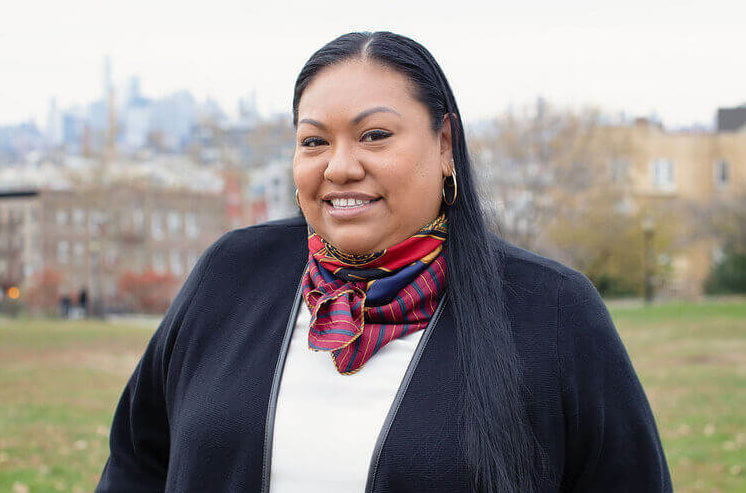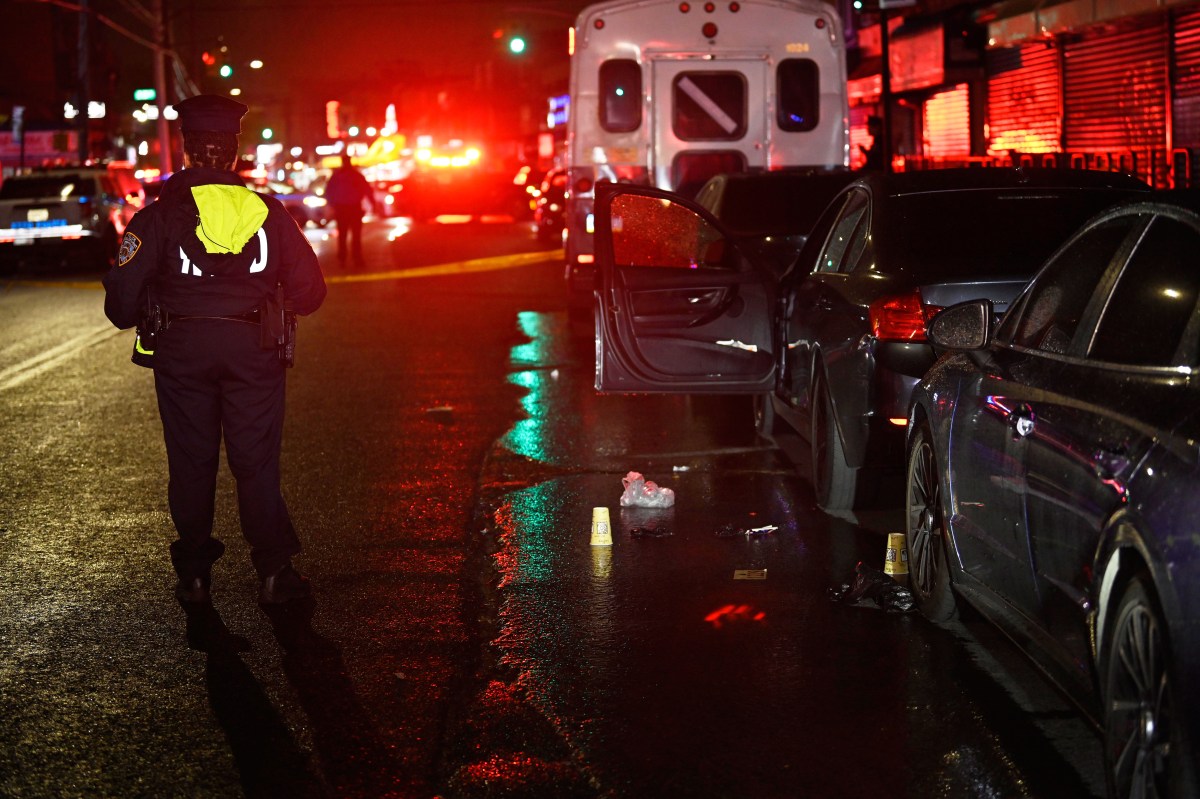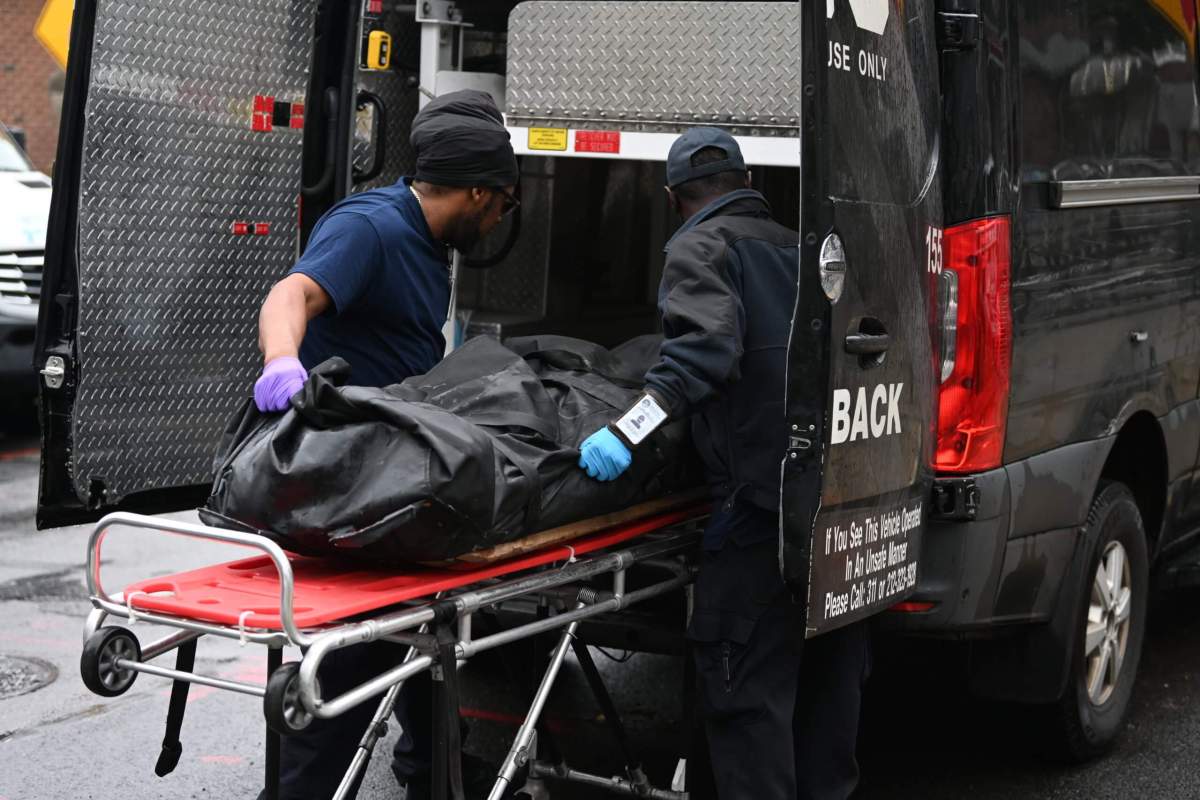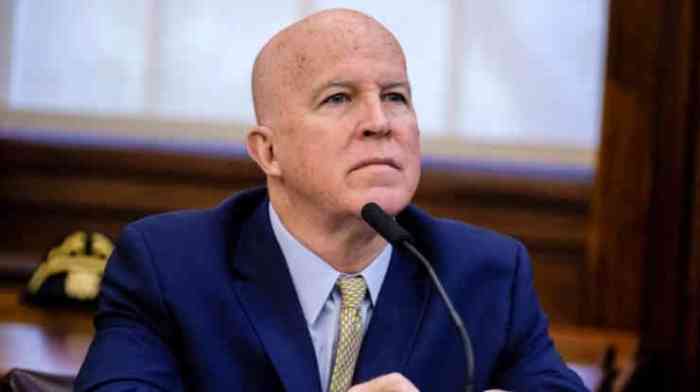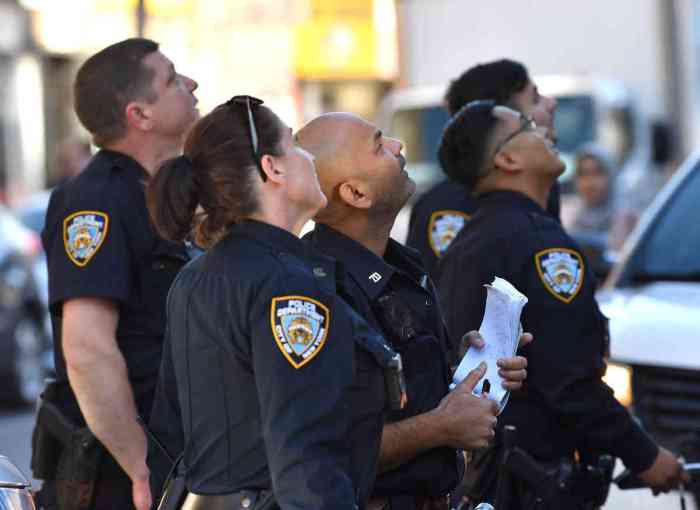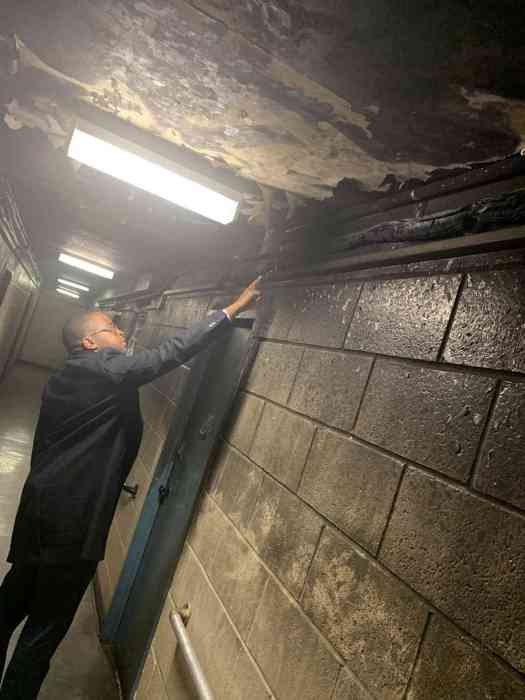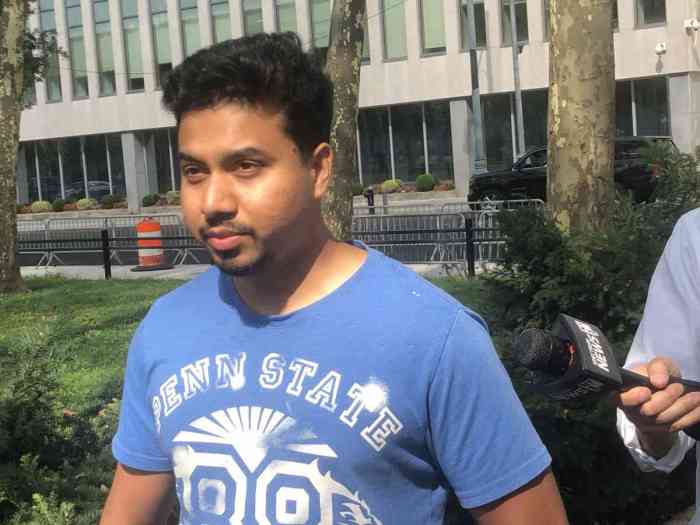Democratic Assemblywoman Marcela Mitaynes took office on Jan. 6 after defeating 26-year incumbent Félix Ortiz in the June 2020 Democratic primary for the District 51 Assembly seat, which represents Sunset Park, Red Hook, and part of Bay Ridge.
Mitaynes, a tenant organizer and registered Democratic Socialist, is one of a handful of young progressives to be elected to the state legislature in recent years, including North Brooklyn Assemblywoman Emily Gallagher, Bushwick state Sen. Julia Salazar, and Bedford-Stuyvesant state Sen. Jabari Brisport.
Brooklyn Paper virtually sat down with Mitaynes to discuss the district’s central issues and her legislative goals.
Note: this interview has been edited for clarity and brevity.
Brooklyn Paper: As you start your first term, what are your top priorities, what are some of the issues you plan to tackle first in the coming weeks and months?
Marcela Mitaynes: I think a big issue, because of the housing crisis, is about rent. The eviction moratorium is great, but it still leaves a lot of folks vulnerable. It’s just passing the buck down the line — it’s really just allowing folks to get into debt — so there’s a lot of concern from families about how that’s going to be dealt with.
[I’m pushing] to cancel the rent, not just for residential tenants, but for commercial tenants as well. I’m hearing from some small business owners that they’re dealing with rent increases during the pandemic; they’re struggling to figure out how to adjust to the regulations and stay afloat. [I’m] recognizing also that our small mom-and-pop landlords depend on the rent to pay their mortgage. If we can cancel rent for these three constituencies, I believe we will be able to stabilize our community while we work with at state level and with the federal government on relief.
BP: Your predecessor Félix Ortiz occupied the seat since 1995. What lessons have you learned from his tenure, and what do you plan to do differently?
MM: [In terms of] lessons — I think understanding how important constituent services are. I really want to use my constituent services to be my eyes and ears in the community. Once we assist locals with their individual issues, I want to plug them into a larger organizing effort based on the issue that they came with — and if it’s not something we’re already working in coalition with, use it to identify the needs for legislation. So I’m really wanting to take the lead from the community on the problems, and work with them to find the solution.
BP: What’s something you’d want to do differently than Ortiz?
MM: One of the things I’d want to do differently is just being more present in the community. Being visible, being accessible. I think that for a lot of folks, we didn’t see that, and I know that’s something that I saw that was a big change when we got Councilman Carlos Menchaca. Bumping into him on Fifth Avenue, seeing him get on and off the train — there was a difference in being able to see him actively in the district, and that’s something I want to continue to do. I love being able to walk on Fifth Avenue or on the way to the supermarket and run into constituents and have conversations about the things that are happening.
BP: As you know well, gentrification, displacement, and waterfront development are some of your district’s biggest concerns. How do you plan to tackle that in the Assembly?
MM: Definitely working with community organizations and coalitions that are already on the ground. Especially with the waterfront — there was a lot of work done by local community groups and local leaders on having the community lead a vision of what our waterfront could actually be. That was really instrumental in fighting off the Industry City rezoning. We know that this is the largest and last working waterfront this city has, and plugging in the Green New Deal and the new green economy will give our folks an opportunity to enter living-wage, union jobs.
BP: Who’s an assemblymember, past or present, who you look up to, and how would you try to emulate their work?
MM: That’s a little bit difficult, and I say that because as someone who came up in the tenant movement, I became more aware of the corruption that’s involved [in the state legislature], and I understood that the real estate industry has a really big hold on what happens. So I don’t know if there’s someone specific that I look up to. Wanting to just continue forging a new path — a more progressive path — challenging the political infrastructure that’s already there, really envisioning what ‘community-led’ really means. And for me, understanding that I need to take the lead for the community. And I feel like that’s something we’re not seeing enough of, and that’s something that I take to heart. People need civic engagement, people need to understand their individual power, and we need to work on giving people skills and tools so we can cultivate that power together, and so we can make the government work for the people.”


